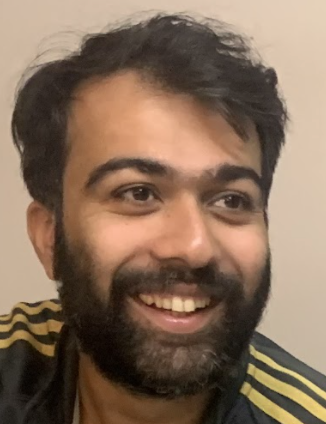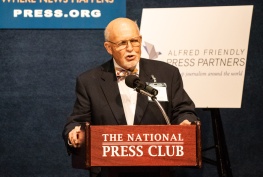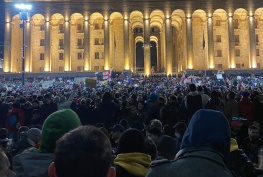By Parth Nikhil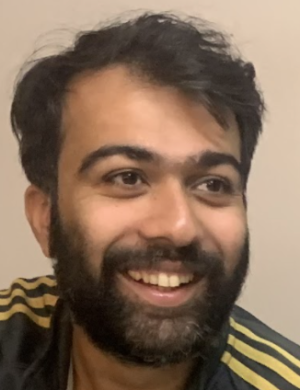
In my coverage of homelessness for the Los Angeles Times, I was assigned a story that would take me to an abandoned plot of land south of the city. The reporter I was to collaborate with was Doug Smith.
I looked him up on the internet. Among other things, his bio said he had been covering the city of Los Angeles for 50 years. I read that again. It wasn’t a printing mistake.
On that hot summer afternoon, I reached the reporting site in an Uber. Doug arrived on a bicycle. A local community leader in his 40s walked up to us, and we introduced ourselves. Upon hearing Doug’s name, he smiled and said to him, “My English teacher used to tell me to read your articles.”
In the context of widespread cynicism around our profession, tailing Doug and keenly observing him at work was inspirational. Here was a man who had been reporting for half a century, and was still charmed by it.
These are the kind of experiences that help us evolve as reporters. And I was lucky enough to have these experiences because of the Alfred Friendly fellowship.
I would have been in the U.S. back in September 2021 had it not been for Covid-19. The second wave of the pandemic forced the postponement of the fellowship for another seven months. The delays had gotten frustrating to the extent that I even thought of not pursuing my visa because the U.S. embassy in India kept asking me to come back later.
I shudder to think of what all I would have missed had I not persevered.
I reached the majestic town of Columbia on April 23 after an exhausting 40 hour journey from Mumbai. I distinctly remember thinking of conking off the minute I saw my room. But excitement is infectious.
I walked into a beautiful historic house in Columbia just before midnight. Four other fellows welcomed me with a beer. Instead of dozing off in my room, we sat out on the porch, getting to know each other, chatting about our work and our ambitions.
Slowly and steadily, more fellows trickled in, and the cohort was complete. Three from India. Two from Nepal. And one each from Bhutan, Sri Lanka, South Sudan, Guatemala and Russia. Our program director, David Reed, had booked two lovely houses next to each other.
What followed over the next 10 days is something I won’t ever forget. 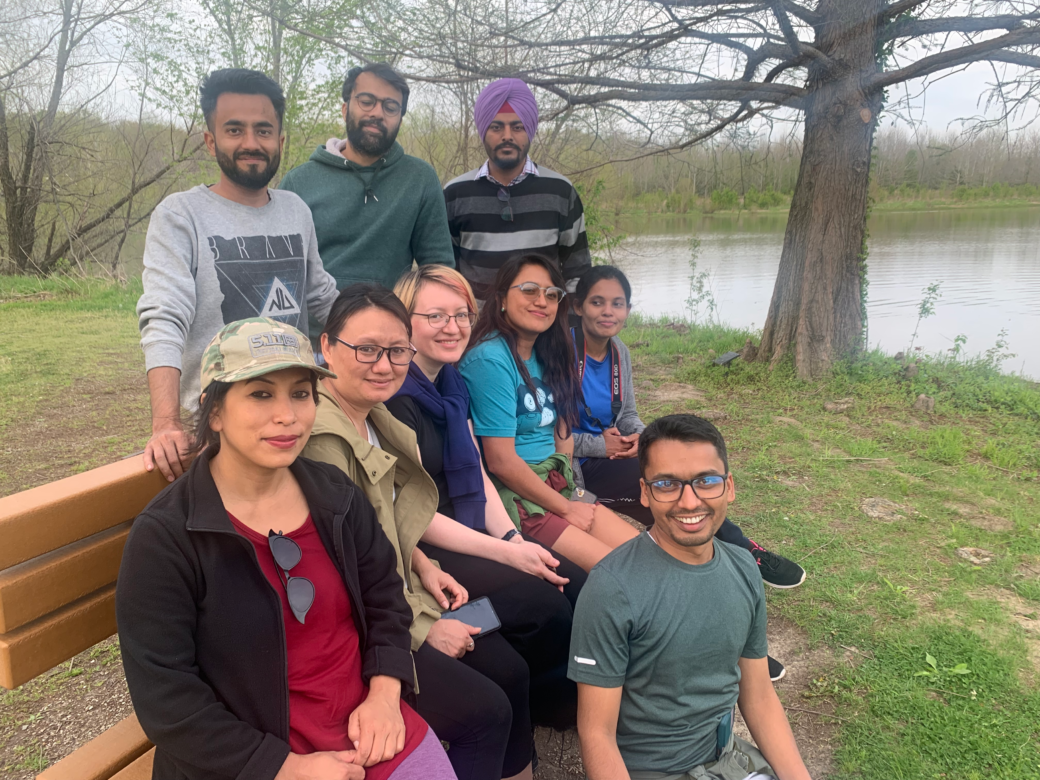
In spite of the tight schedule of attending lectures and hands-on training, we found time to hang out, cook, barbecue, and shop together. A fellow from Bhutan had her birthday during those days. We surprised her with a cake, sang songs, and danced our hearts out.
The late nights (mostly) didn’t interfere with our early mornings. Though there were times when David had to wait for us with his van to take us to the Missouri School of Journalism.
The campus won us over even before the teachers could. It made me envious of the students studying there.
We learned things we had not even thought of. Professor Shawn Bates spoke to us about cultural differences, and aspects of behavior that helped me through my time here. I didn’t know Americans give so much importance to a handshake until I attended the lecture. I am still trying to understand why New Yorkers fold their pizza before eating it. But that’s a question for another day.
The sessions at the school ensured I am no longer intimidated by Google spreadsheets. I can see myself working better with data when I go back home.
A highlight was our conversation with James Wright of the Organized Crime and Corruption Reporting Project. He talked with us for three and a half hours about journalism and reporting in these challenging times.
If I have one gripe with my time in Columbia, it is that I didn’t have enough of it.
Before arriving, David told me I’d be working with the LA Times after the training program in Columbia. As a Hollywood-loving Indian, who had never come to the U.S. before, LA definitely sounded sexier than the placements in other cities.
But I spent the first week in LA missing my time in Columbia. And it wasn’t just me. All of us that had scattered to different newsrooms across the country felt lonely. We called each other up way too often and made plans of being together again. We missed David turning up in his van; whether it is to take us to school or to a jazz concert or to see the sunset from a river bluff winery. It must’ve been a wise human being who said: You don’t know what you’ve got, until it’s gone.
Gradually, the frequency of the phone calls reduced. We warmed up to our respective new cities. In my case, the editors I started working with helped. Having a roommate from the fellowship program, Somesh Jha, helped. We began mapping our stories, and mapping out destinations to explore in and around LA.
Living in LA has been a fascinating experience so far. And two months into my time here, the swanky cars, huge highways and Hollywood don’t define the city for me. What does is the pervasive homelessness, my beat at the Times.
While reporting on the homeless population and housing crisis, I’ve tailed a mobile clinic providing healthcare to people living on the streets, entered a manhole to interview a man living below it, and met PhD students on the verge of drowning in debt.
One of those stories even made the front page of the Times.
The experiences I have accumulated in these first two months have been invaluable. It has broadened my horizon.
There is no substitute for traveling abroad. There is no substitute to working with people who know more than you. There is no substitute for interacting with international journalists who have covered diverse issues in their countries.
The Alfred Friendly Fellowship ensures you get it all.


